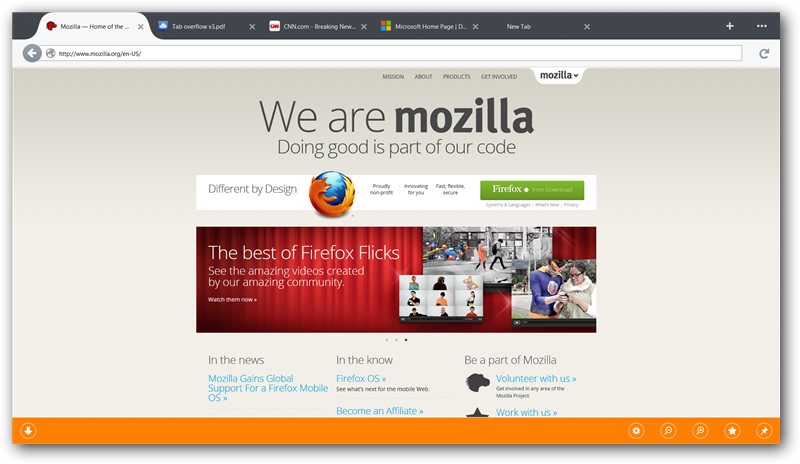
Firefox goes native Windows 8
Mozilla has unveiled its first public preview of how Firefox will look when run using Windows 8’s new tile-based interface. Firefox Metro UI Preview is based on an offshoot Nightly build of Firefox, codenamed “Elm”, and can be downloaded and tested now on PCs running Windows 8.
This early preview provides a fully functional web browser, complete with multi-touch support on compatible displays. However, as expected at such an early stage in its development, not all planned features have yet been implemented, while the Nightly tag indicates this is a largely untested build.

You can do better than the Windows 8 command line
Windows 8 brings fundamental change to many parts of the operating system, but the command line isn’t one of them. It’s just as annoying a place to work as it ever was.
If you’re tired of the console’s many deficiencies, then, we’d recommend you don’t waste any further time waiting for Microsoft to fix them. Just install the open source ConEmu, instead: it’s a powerful console emulator which comes packed with options to make your command line life easier.

Windows 8 is not about desktop market share
Windows 8 won't be as successful as its predecessor Windows 7, if pre-launch market share is an indicator of how well an operating system performs during its lifetime. Gregg Keizer's comparison of pre-launch adoption rates of Windows 7 and Windows 8 shows the latter is only one-fifth of its predecessor. Windows 7's market share was 1.6 percent of the overall market one month before launch, while Windows 8's market share at the same time is only 0.3 percent.
Is that an indicator that Windows 8 will become the new Vista or merely caused by different pre-launch conditions? Windows 7's predecessor is Windows Vista, an unsuccessful operating system if you look at its market penetration. Windows 8, on the other hand, follows on the much acclaimed Windows 7 operating system, which many users flocked to when it became clear that Microsoft did everything right that time.

Why would Microsoft limit the Windows Phone 8 Preview Program SDK?
Microsoft's plan to only let a few key developers into the Windows Phone 8 Preview Program SDK, understandably upsets many developers. For a plaform with only about 3 percent market share, Microsoft needs all the supporters it can get, or so the presumption goes.
Why lock out most of the people needed to develop apps that take advantage of your new platform? I think there could be two possible answers: (1) a new marketplace strategy based on the quality of apps, and (2) major unannounced features.
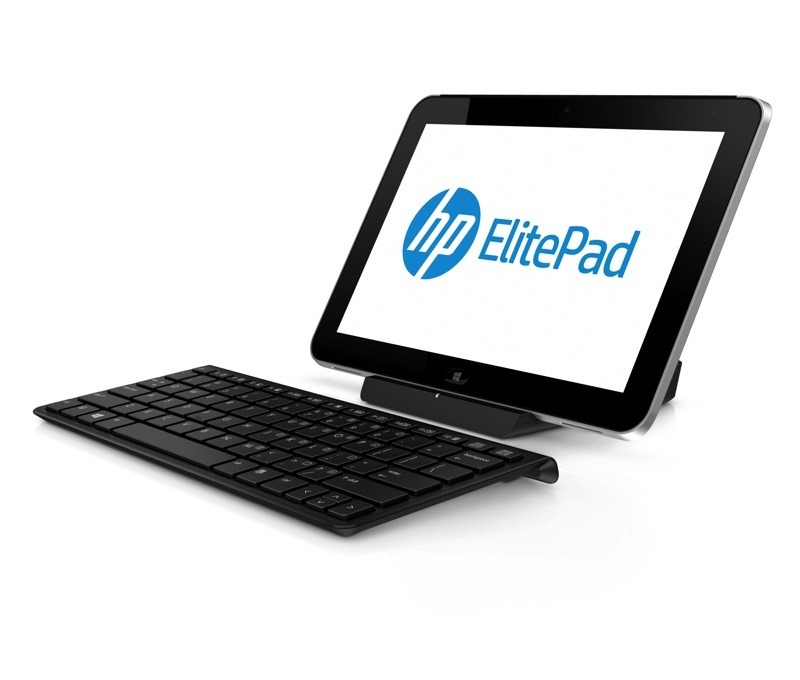
HP focuses on business with ElitePad 900 Windows 8 tablet
After Intel and its OEM partners announced the new Windows 8 Pro-based tablets running on the new Atom Z2760 processor, codenamed Clover Trail, Hewlett-Packard introduced the ElitePad 900 which the company labels as "a True Tablet for Business" and government, with accessories that crowd the spotlight.
Hewlett-Packard on Monday did not give much away in terms of technical specifications, but a few details were provided. The ElitePad 900 is known to come with a 16:10 10.1-inch display, a 9.2mm thickness and 1.5lbs weight without any accessories. CNC-machined aluminum is used on the tablet, with Corning Gorilla Glass 2 protecting the display. The processor used is "next-generation Intel mobile" and together with "x86 compatibility" it is likely to come with the new Intel Atom Z2760 SoC, that was previously announced. There is an 8 megapixel rear-facing camera with LED flash as well as a 1080p forward-facing camera, with the latter a standout feature among tablets and smartphones which still hang around the 720p mark.
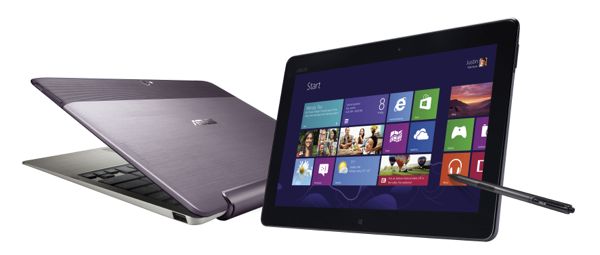
Intel Clover Trail to make mid-range Windows 8 Pro tablets attractive
In the consumer market, Intel is best known for making chips that go into PCs of various design, and with the newly announced Intel Atom Z2760 processor, codenamed Clover Trail, the Santa Clara, California-based corporation is looking to make a dent in the mobile tablet market as well, where its presence can be considered abysmal at best.
The new Intel processor is designed to fill the gap between Windows RT-based tablets running on ARM chips and full Windows 8 Pro-based tablets on Intel Core i processors. Intel looks to be planting its Clover Trail flag in the middle ground, offering compatibility with desktop applications and improved mobility through good battery life and a compact package.

Microsoft enters the Windows 'RT era'
I'm having one of those "duh" moments this afternoon, actually it started in the AM. Gartner analysts today profess the obvious: Windows 8 is a gamble, but one Microsoft must make to stay relevant. Really? Like we haven't said similarly here at BetaNews, and others elsewhere, for months. Given, the only good news today seems to be iPhone 5, and we're all so tired here of promoting Apple's Jesus Phone (could the Second Coming really get this much press), anything Windows 8 is welcome.
Something more: Gartner analysts finally go on record clearly stating that the post-PC era -- what I call the cloud-connected device era -- is here; not coming someday, but upon us now. Well, the transition phase anyway. That's worth putting on record for your reference and our future stories.
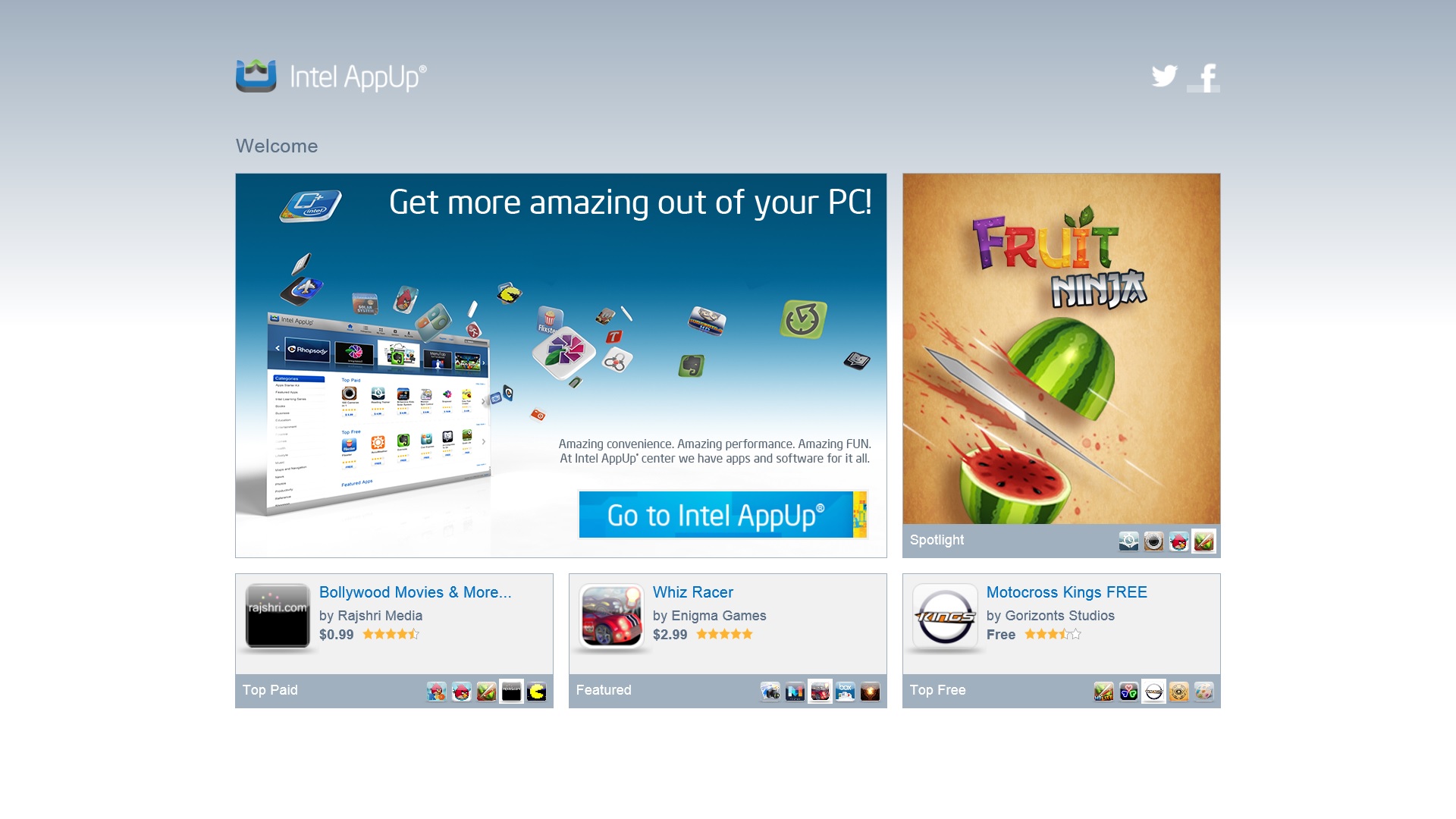
Sub-shop apps turn Windows Store into a retail mall
A store inside a store, that was my first impression of Intel's AppUp app that the company recently launched on Windows Store. It's one of two such sub-shop apps currently available on Windows 8, and they work outside and around the larger Windows Store concept. Is this what Microsoft really wants for users?
I get the whole Windows Store concept, really, and think it is great even though it could be improved here and there. The store has to offer a lot from a user perspective: apps are verified and tested, payments are handled in the store, and software updates are handled automatically. That's great as it takes away many of the issues that current Windows users are left alone with as they have to find, download, install and update software programs on their own. Failure to update programs on the system as soon as updates become available for instance can lead to all kinds of security and stability issues. Windows Store solves the problem.
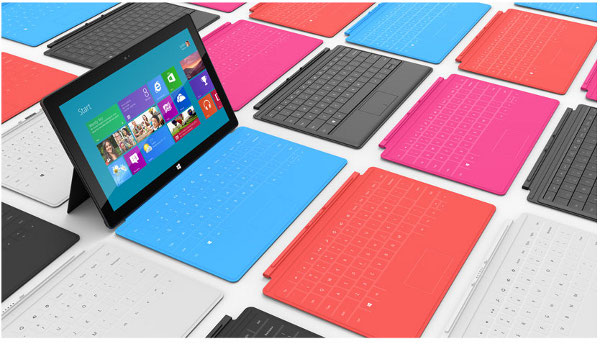
5 reasons why Microsoft Surface will struggle
What? You're looking for iPhone 5 stories, since it launches today. I want to break with the pack, and write about something else. Shocking, isn't it? Windows tablets is worthy topic.
While you can expect many different Windows 8 or RT tablets next month, Microsoft's own Surface is the trailblazer. I've got some concerns, which apply to other tabs running the new OS -- five big barriers I think Surface will face at launch.

Windows 8 tablets are the right post-PC response
Microsoft is taking a considerable risk with the Windows 8 ecosystem and major push into the post-PC era. There is no room for error and to get it right all the parts must work in perfect harmony. Windows 8 faces stiff competition and must dismount all preconceptions it's a weak tablet operating system.
Microsoft enters the market fully prepared to take its opponents head-on. Instead of copying adversaries, the company takes the more mature approach of offering a different user experience. Every competitor should fear Windows 8 tablets, and I've got five reasons why.
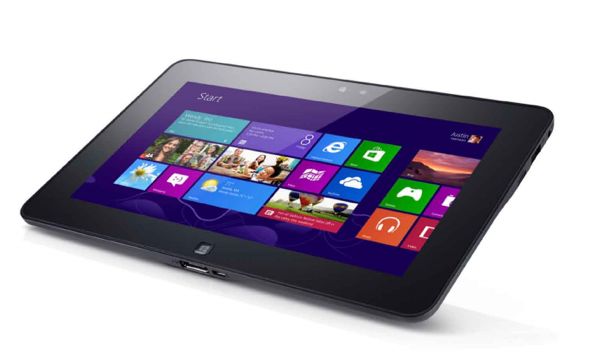
Dell's new Windows 8 tablet and ultrabook: general purpose, but not for consumers
The traditional personal computer is returning to the niche from whence it sprang at the dawn of the Internet age, but general purpose computing isn't dead yet.
With consumer desktop and notebook computer sales in decline, and lower-powered, general purpose devices such as the iPad encroaching on resource-light communications and data management tasks in the workplace, the PC business is gearing down. Former consumer PC market leader Dell has all but exited the consumer hardware business and has been on an enterprise software and services buying spree.

Has Microsoft lost the tablet war before it begins?
Asus' Windows 8 tablet roadmap leaked a few days ago, revealing the company's intention to launch three tablets powered by Microsoft's soon to be released Windows 8 operating system. Bloggers and journalists have used the roadmap to argue that the pricing is too high to compete effectively against Apple iPads and Android tablets. Taken aside that the pricing may not be final, it seems like they are right, if you only compare price and nothing else.
Asus' entry model, the Vivo Tab RT, for instance, lists with a starting price of $599. That's $100 more than Apple's cheapest new iPad model, and $300 more than Google's Nexus 7 tablet. But can you really make that comparison?
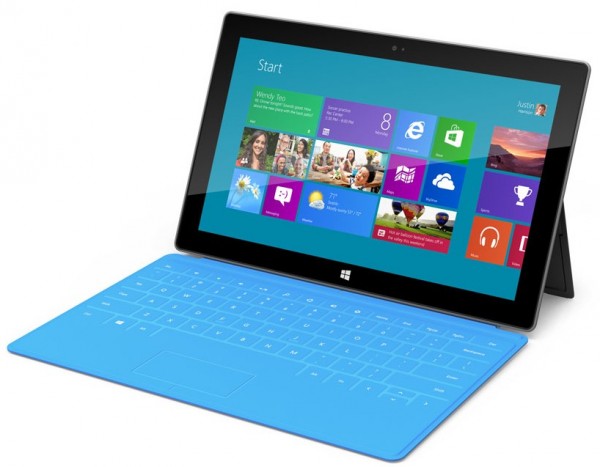
Steve Ballmer hints at Microsoft Surface costing $300-$800
Rumors of a $199 Microsoft Surface RT tablet popped up on the Web a month ago, feeding the idea of a cheap and even subsidized Microsoft tablet that would take the pricing war to any device from the Google Nexus 7 to Apple's new iPad. In an interview for The Seattle Times, Microsoft CEO Steve Ballmer mentioned a new price range for the the company's Windows 8 device, putting the previous rumors of a $199 Microsoft tablet to rest.
Even though Microsoft did not announce the pricing, when asked about Surface, Steve Ballmer said that it would go for "probably $300 to about $700 or $800," giving a rough estimate of what potential buyers should expect to pay for the much discussed tablet. The previous rumors might be dust in the wind after the latest "estimate," but at the same time it calls for speculation justified by the $500 difference which isn't unsubstantial to say the least.

Windows 8 is a graphic shift in computing habits
Last in a series. If you read tech blogs as much as I do I am sure you have seen a number of articles criticizing Windows 8. Among these are articles that focus on the overall design of the Modern UI and its numerous inconsistencies. I saw a forum post on one website claiming that visual designers hate Windows 8?
The reason, hold on to your seat because this one is a doozy: the Modern UI design language has done away with drop shadows and realistic looking icons; in other words, the interface looks nothing like the skeuomorphic interfaces of Apple and to some degree, Google.

Windows 8 won’t save ailing companies from disaster
We all know that Microsoft is taking a hell of a gamble with its new operating system. If Windows 8 fails, as many are suggesting it will, that would be a major blow to the Redmond, Wash.-based company. Microsoft is staking pretty much everything on Windows 8 and trusting that ubiquity -- placing the OS on desktop systems, tablets, and mobile phones -- will be enough to persuade people to give it a chance.
The problem: Microsoft isn't just risking its own business. With the traditional PC market stagnating, faltering companies like Dell and HP (which both reported large drops in revenue recently -- HP’s losses being the worst in its 73-year history) need a way of boosting their dwindling PC sales. In previous years, the arrival of a new operating system would have done exactly that. When Windows 7 launched, for example, sales of new computers jumped 40 percent in the first week alone. While PC sales will undoubtedly still increase following Windows 8’s launch, it’s unlikely we’ll see such a big jump as last time around. Partly because many of those relatively recent upgraders will be happy to stick with what they’ve got, and partly because Windows 8 runs better on lower-specced systems than its predecessor does anyway. For those reasons alone it’s unlikely that this version of Windows will drive hardware sales in the same way that previous ones did.
